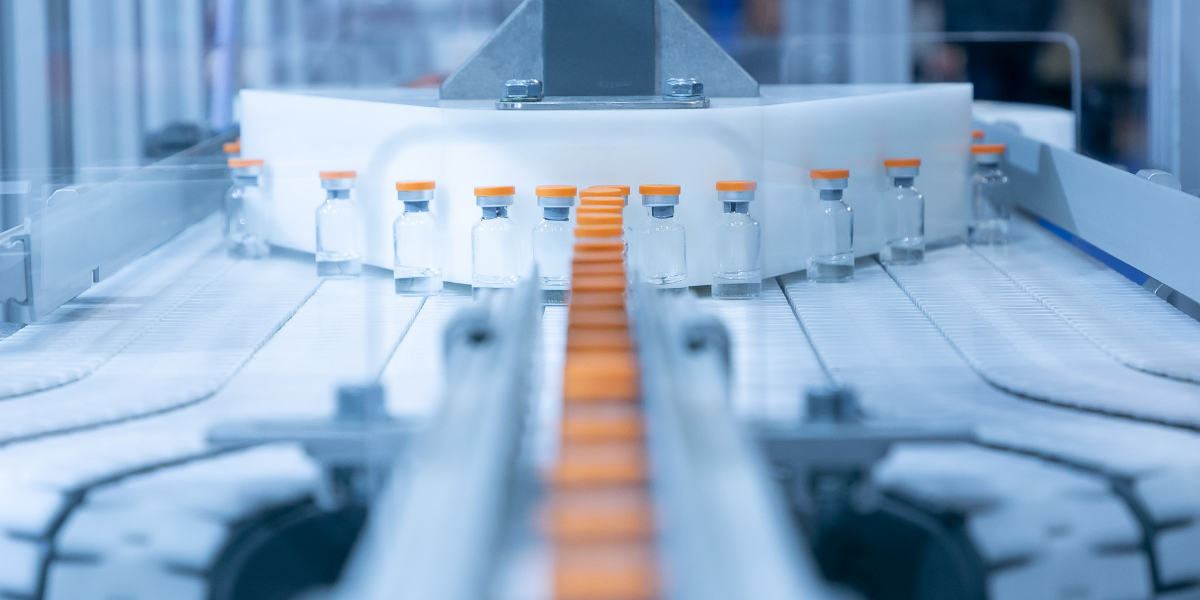
Insights continue within the association reality of AFI - one of Pharmintech's strongest partnerships - which leverages its network and expertise to create a schedule of events of the calibre expected by the market leaders present at the fair. Among the key players in the partnership is Alberto Bartolini, whose acquired skills bring a wealth of experience on the manufacturing supply chain and digitization front.
Spotlight on the pharmaceutical supply chain
The work of AFI focuses on various issues, including the intricate management of logistics and supply chains, which is a central aspect of Alberto Bartolini's actions, since he is responsible for the supply chain area. “It involves the entire supply chain for healthcare products, starting from the product owners, which use their own plants or CMOs for aspects including industrialisation, production of active ingredients, formulation of semi-finished products, and packaging, through - further along the chain - to primary distributors (warehouses authorised to stock pharmaceuticals produced by different firms), secondary wholesalers and pharmacies, and finally patients.”
A range of events to capture the attention of all the key members of the supply chain
Pharmintech is therefore the ideal focal point for all those operating in the healthcare industry, who can find solutions to a wide array of needs at the fair from machine, software, and systems manufacturers and consultancies
“Based on our observations of the variety of the fair's target audience” continued Bartolini, “we have always prioritised issues that appeal to both visitors and the exhibitors, to encourage both learning and information but also debate. Take, for example, issues such as traceability and the cold chain (which is essential for products of biological origin): these are processes within which 4.0 technologies, including digitalisation, can play a decisive role in exponentially improving drug - and therefore patient - safety." Moving on, he stated that “A rich schedule of scientific events is planned for the fair, offering a wealth of ideas and the credibility that AFI brings through its 60 years of experience, the professionalism of its organisation, and the history of the event - which needs no introduction. Indeed, starting off with pharmaceuticals, AFI has now embraced the entire healthcare supply chain, extending into the realms of biotech, medical devices, and food supplements. Alongside technology and digitalisation, it is crucial to acknowledge the decisive role of regulation in the pharmaceutical world, which impacts on both the development of new formulations and on processing and packaging."
Big data and sustainability, always at the forefront
Among the issues taking centre stage once again in 2024, sustainability and digitalisation stand out in particular. These include aspects such as digital twins, machine learning, and artificial intelligence, which are increasingly finding application in various spheres, from product development to rational warehouse management.
“Data plays a strategic role on all fronts” Bartolini went on to comment “because data is fundamental to fuel the information needed to ensure correct business management and because data fuels artificial intelligence which can then, consequently, simulate future development scenarios.”
Pharmaceutical packaging: striving to be green and regulatory compliance
Given that the roots of the fair are still very much alive, a final remark on the world of packaging is essential. The event showcases some of the most competitive firms in the world market, many of which are Italian, and "In the conversation about packaging, sustainability is undoubtedly a key topic," concluded Bartolini. "However, in the pharmaceutical industry, primary packaging impacts significantly on product stability, which means the possibilities for changes in the current materials to make way for green alternatives are very limited. That said though, there is a considerable room for change in secondary packaging, especially if regulators expand manufacturers' freedom of action, for example by allowing increased percentages of recycled paper and plastic, which - while guaranteeing correct information to the patient - also enables them meet ever-growing expectations in terms of reducing environmental impact. Here, then, we can organise the introduction of new paper and card solutions, featuring new recycled and recyclable materials. AFI has already been working on these options for some time now, awaiting the go-ahead from lawmakers to make this step towards ever-greater sustainability."
1.png)

